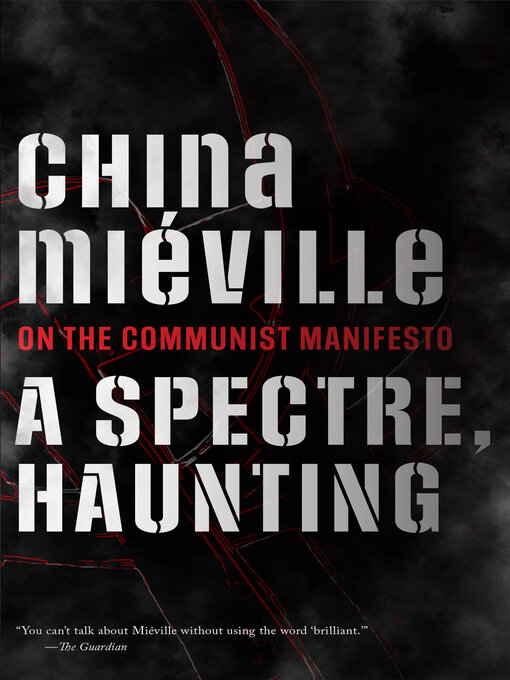China Miéville's riveting engagement with the Communist Manifesto offers a lyrical introduction and a spirited defense of the modern world's most influential political document.
Few written works can so confidently claim to have shaped the course of history as Karl Marx and Friedrich Engels's Manifesto of the Communist Party. Since first rattling the gates of the ruling order in 1848, this incendiary pamphlet has never ceased providing fuel for the fire in the hearts of those who dream of a better world. Nor has it stopped haunting the nightmares of those who sit atop the vastly unequal social system it condemns.
In this strikingly imaginative introduction, China Miéville provides readers with a guide to understanding the Manifesto and the many specters it has conjured. Through his unique and unorthodox reading, Miéville offers a spirited defense of the enduring relevance of Marx and Engels' ideas.
Presented along with the full text of the Communist Manifesto, Miéville's guide has something to offer first-time readers, revolutionary partisans, and even the most hard-nosed skeptics.
- Available now
- New eBook additions
- New kids additions
- New teen additions
- Most popular
- Try something different
- See all ebooks collections
- Available now
- New audiobook additions
- New kids additions
- New teen additions
- Most popular
- Try something different
- See all audiobooks collections

